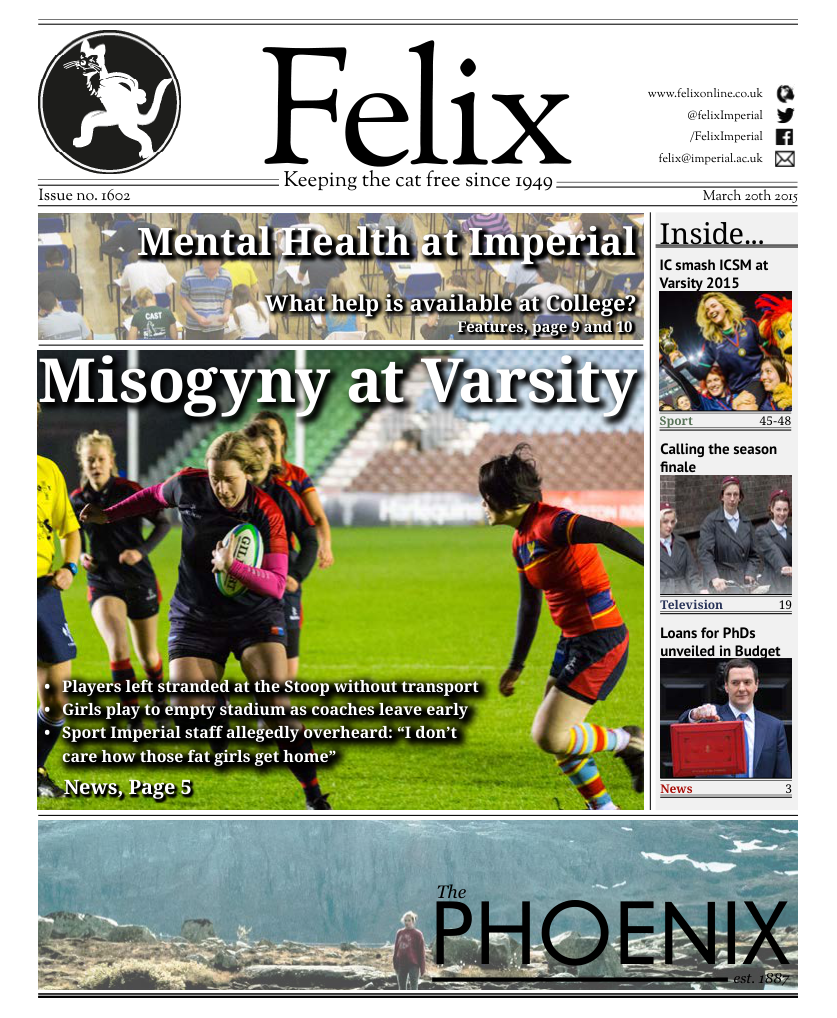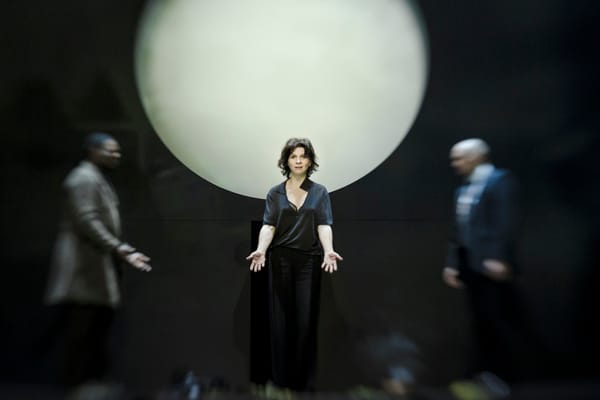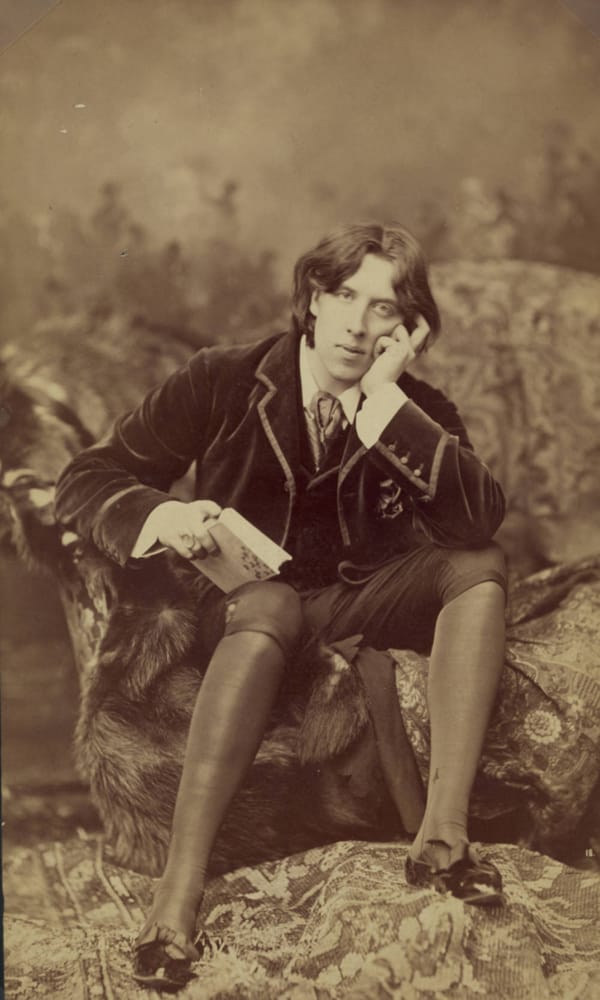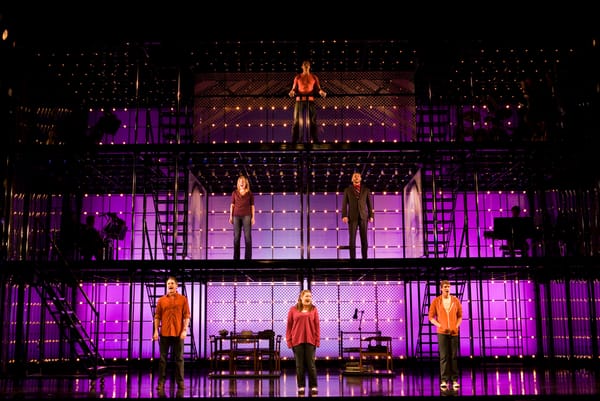A Night of Operatic Magic
Clara Clark Nevola checks out the ROH’s classic opera
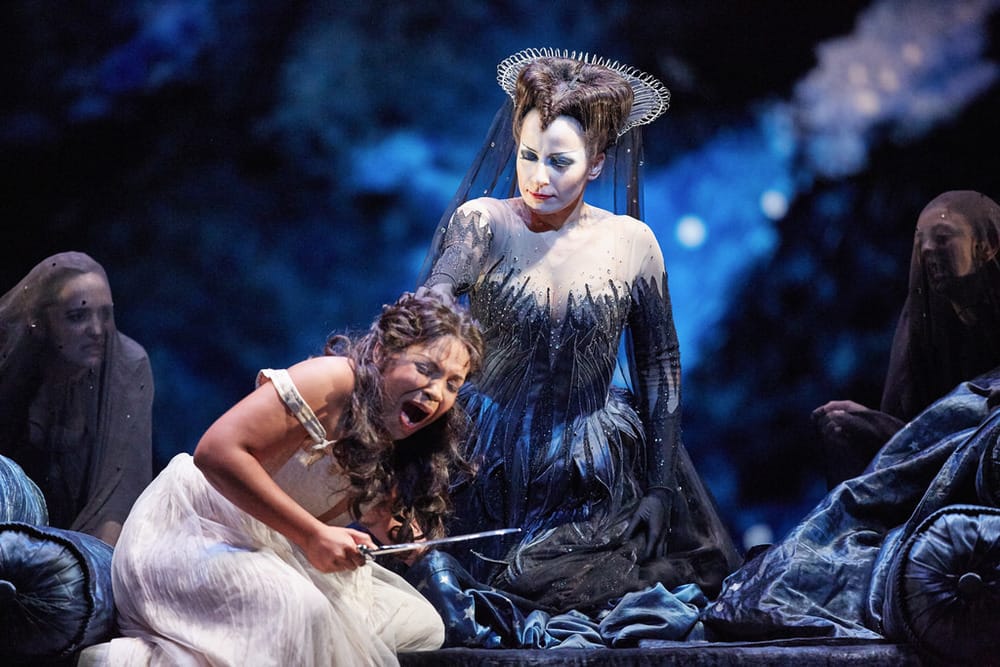
Mozart’s Die Zauberflöte – The Magic Flute – is back at the Royal Opera House in the 12th year of David McVicar’s production. One of the most frequently performed operas, _Die Zauberflöte _has a highly unusual format, with the sung components interspersed with lots of dialogue, making it a piece that requires great theatrical skill as well as world class opera singers. Its storyline weaves in and out of folk-tale, legend, and cult, switching from enchantments to allusions to the Freemasons. Beneath all these nuances, Die Zauberflöte is a boy-meets-girl tale: noble Tamino goes on a quest to find and free the beautiful Pamina, helped by his comic side-kick Papageno. He overcomes the hurdles, defeats the baddies, and even Papageno gets a girl – everyone is happy.
The noble couple are excellent: beautiful, pure, and uncomplicated, as all one-dimensional heroes should be. In particular, Janai Brugger is heart-breaking as Pamina, adorable as a fragile princess, with long flowing locks, a frilly white nighty, and a voice like silver. Papageno (Markus Werba) also stands out as the only cast member who carried his spoken lines with outstanding theatrical prowess, coming across as a truly relatable and comic man of the people. Counterbalancing the more ponderous characters, Papageno truly made the show – though one can’t but think he didn’t get what he deserved in Rhian Lois’ shrill ‘Papagena’.
Many aspects of the piece were left unexplored, such as the element of sexuality
The Disney-ish plot is complicated by the shifting allegiances that the hero (and the audience) has, as the baddies and goodies switch in front of us. Pamina’s mother, the opulent Queen of the Night, who sends Tamino to find her daughter, initially appears to be the fairy godmother of the situation. She’s got sparkly clothes, magic gifts, and needs our noble hero to defeat her enemies for her. Her antagonist, Sarastro, captured Pamina, has a creepy rape-y servant, Monostatos, and comes off as the evil magician of the situation. Yet, as Tamino’s understanding of the situation changes, he realises that Sarastro is an enlightened, wise and reasonable ruler. The staging changes from a deep blue, star-studded backdrop with a glaring white moon to a warm orange disk – our transition from the darkness of night and religious superstition into the light of reason.
The production highlights the feeling of a disoriented journey, with constantly changing staging, unexplained symbolism, darkness, and fog. However, many aspects of the piece were left unexplored, such as the element of sexuality and its repression; the Queen of the Night’s ladies in waiting, haughty and mysterious, descend into a brawl over who should privately guard Tamino while the others fetch their mistress. Their frankness about their desires, echoed in Papageno’s crass comments, contrasts with the Wise Men’s insistence on the importance of repressing Tamino’s desires and their instructions on resisting the temptation of women.
Janai Brugger is heart-breaking as Pamina, with a voice like silver
A living testimony to the Enlightenment era, _Die Zauberflöte _embodies a struggle for wisdom and truth with which we feel comfortable. But the 18th century was also racist and misogynist, and these facts jar with a modern audience that flocks to the opera to have their soul elevated. Monostatos may have been cast as a white deformed monster, rather than the “evil moor” he is scripted as, but nothing can ease the blow of lines such as “A woman does little, gossips much”, “Away with the women, to Hell”. They are dropped in, unchallenged, and undealt with, murmured without comment as if in the hope of passing them off as outdated and vaguely comic. The conflict between reason and superstition, logical man and hysterical women, is an interesting one, which has been ignored by this production for fear of jarring with the audience. Die Zauberflöte doesn’t need to be sanitised, it needs to be produced as the glorious, messy and controversial opera that it actually is.
Die Zauberflöte was on at the Royal Opera House from 23rd February - 11th March. It will be broadcast on BBC Radio 3 at 19:30 on 13th April.

